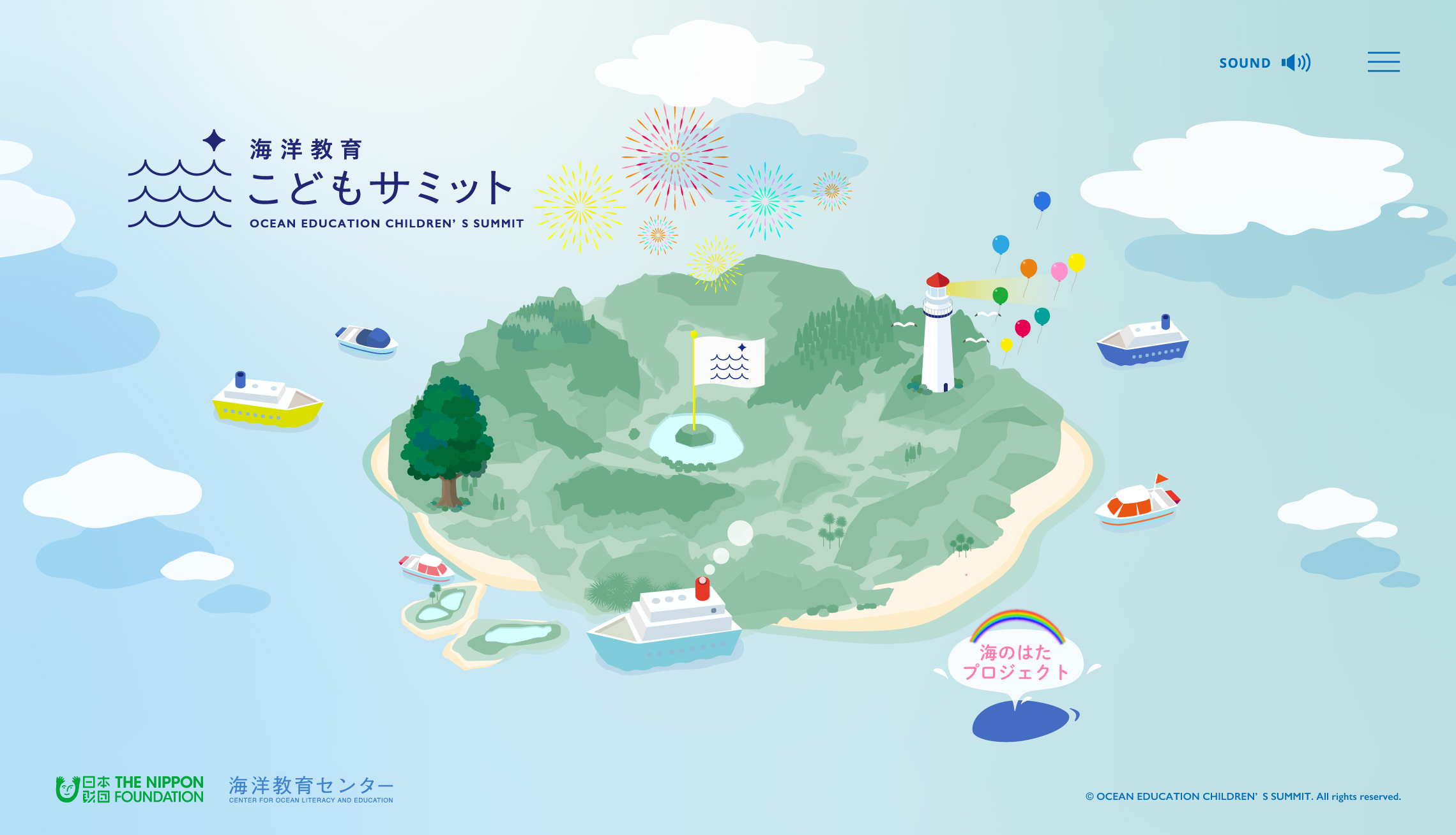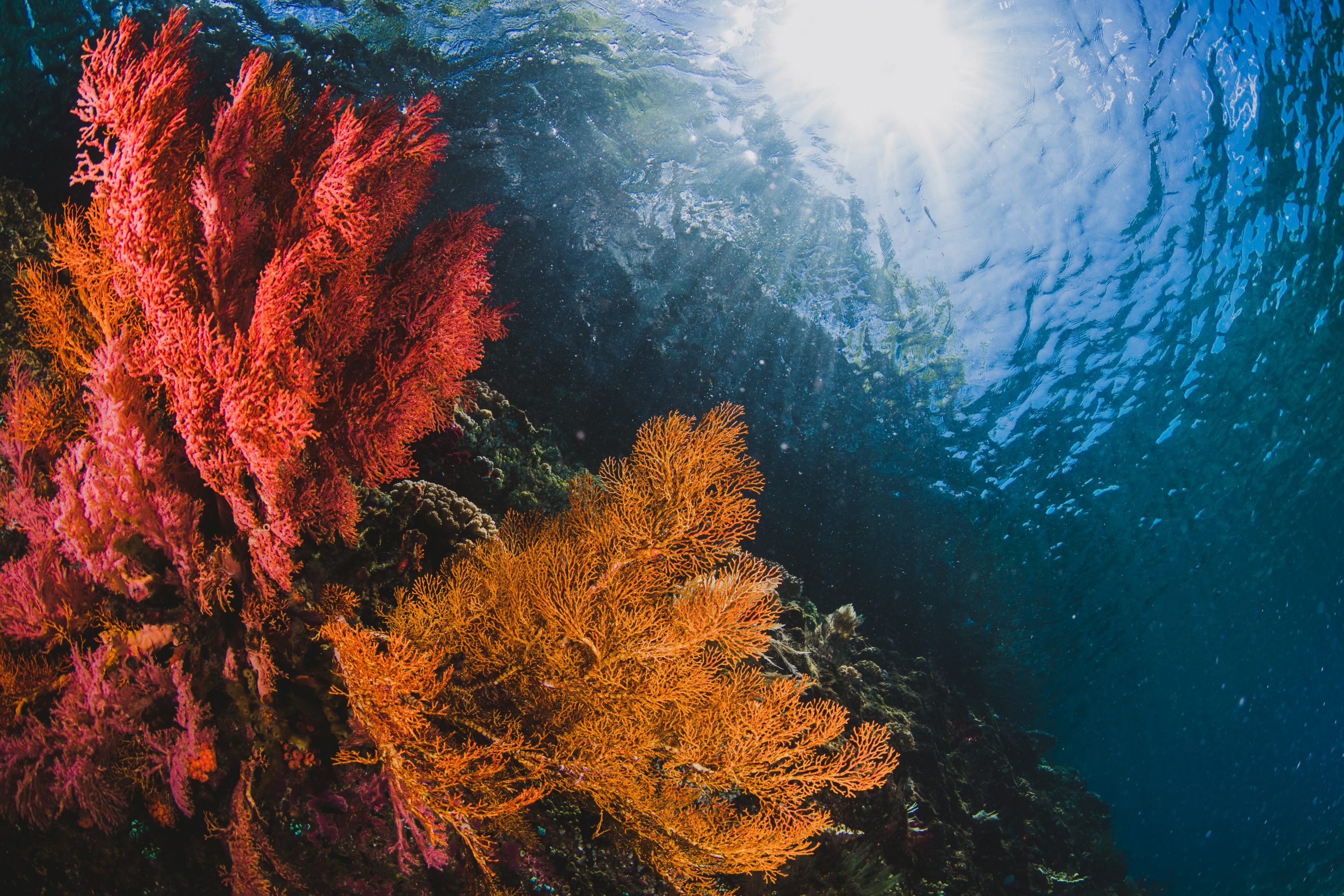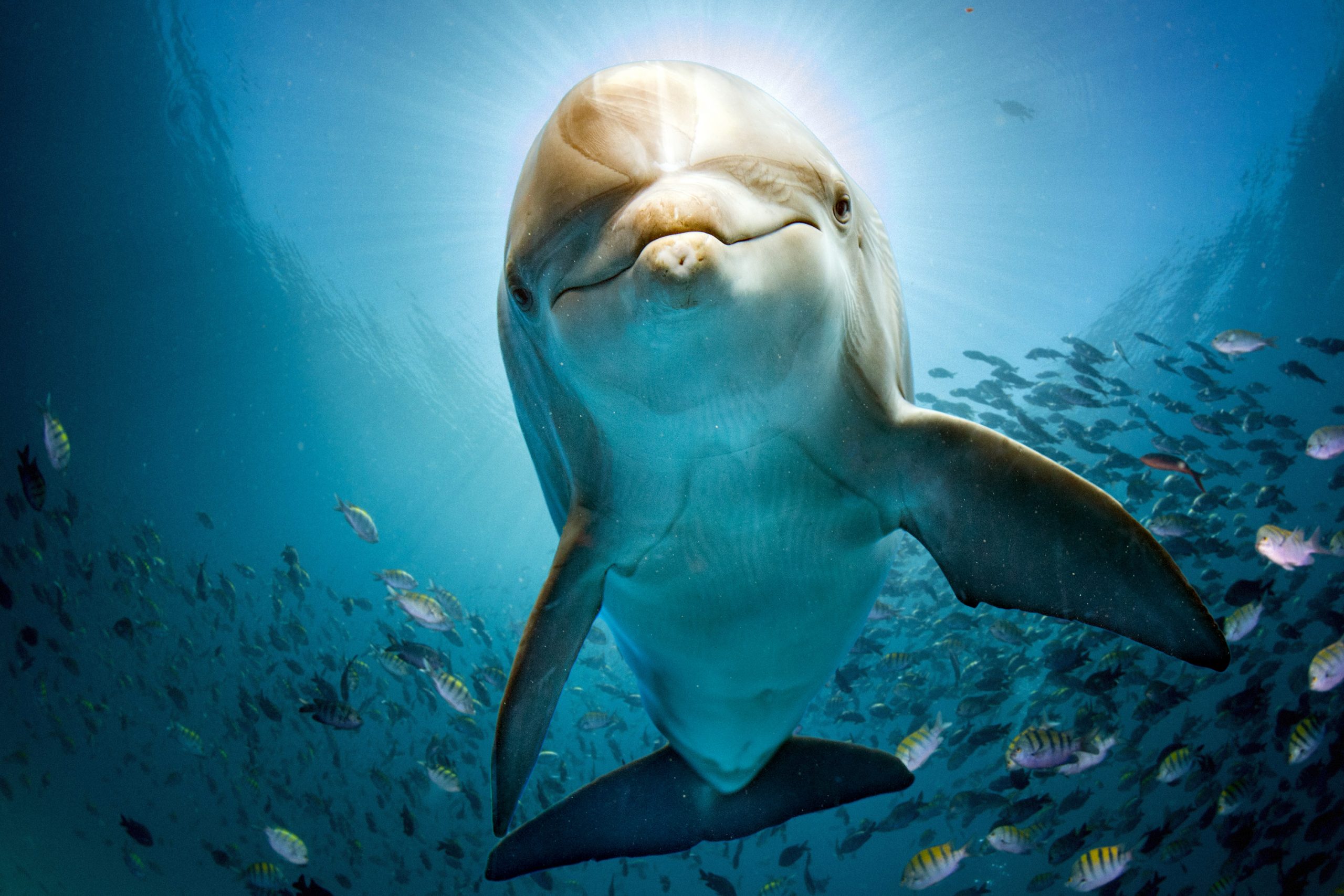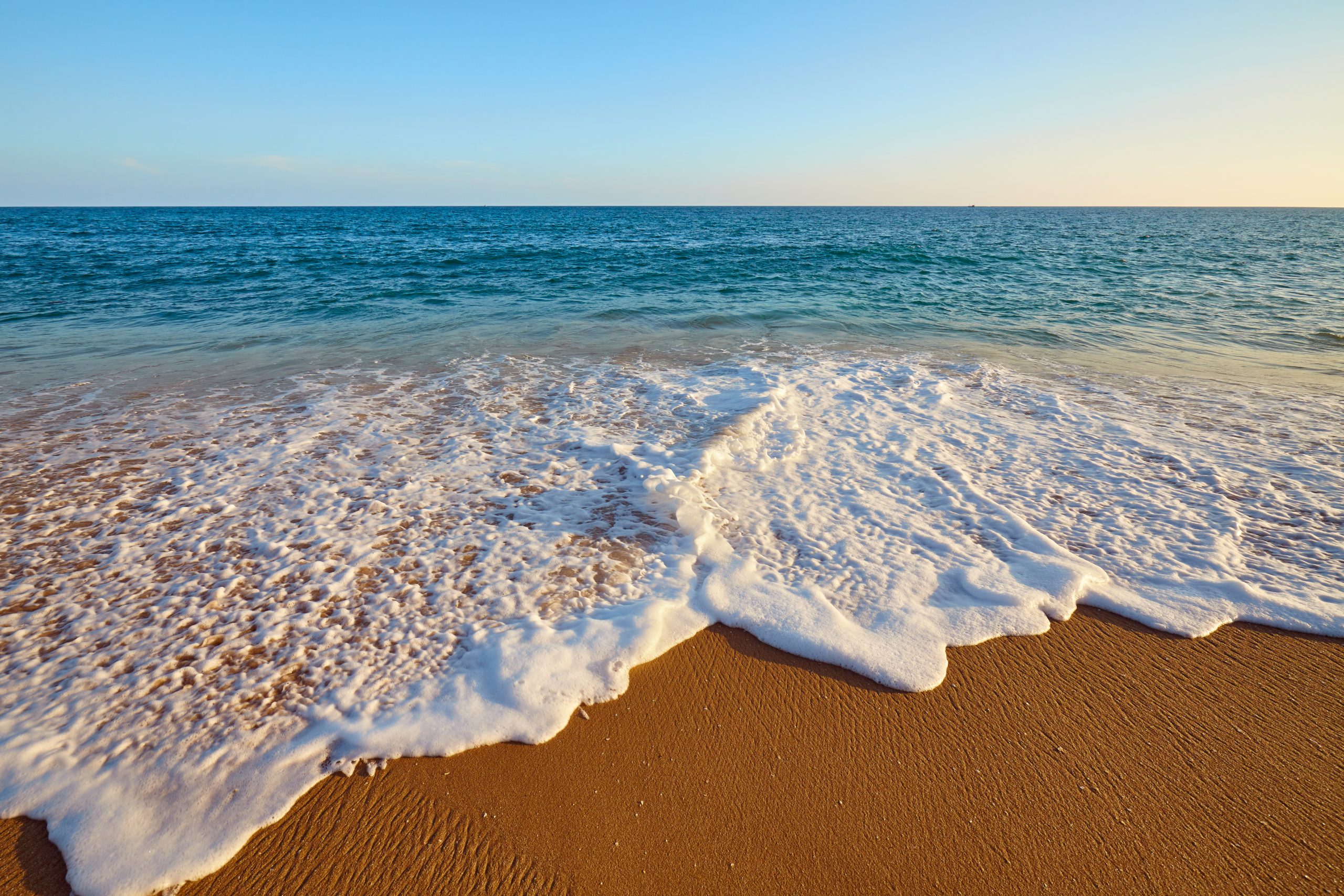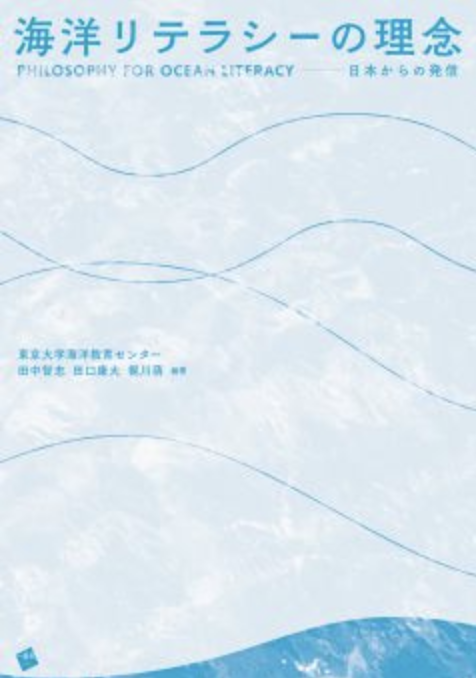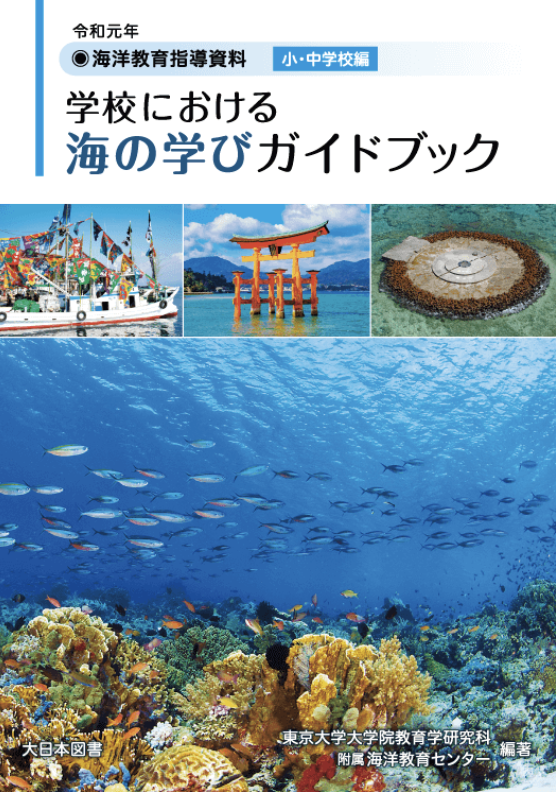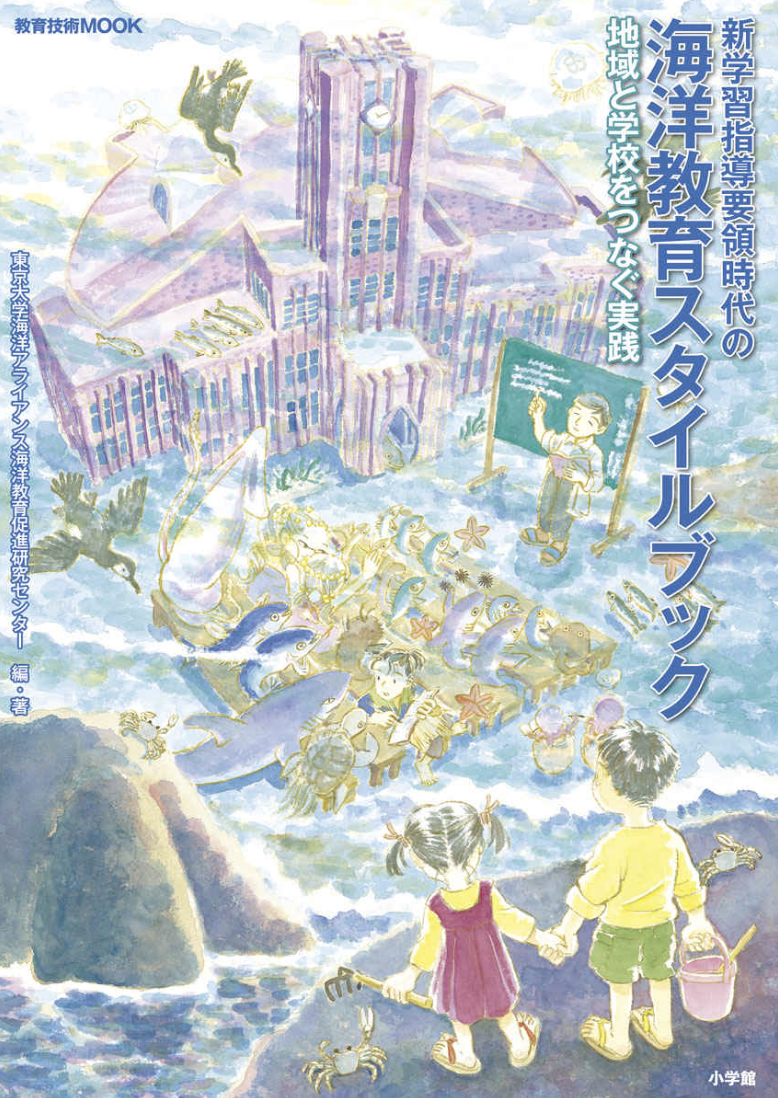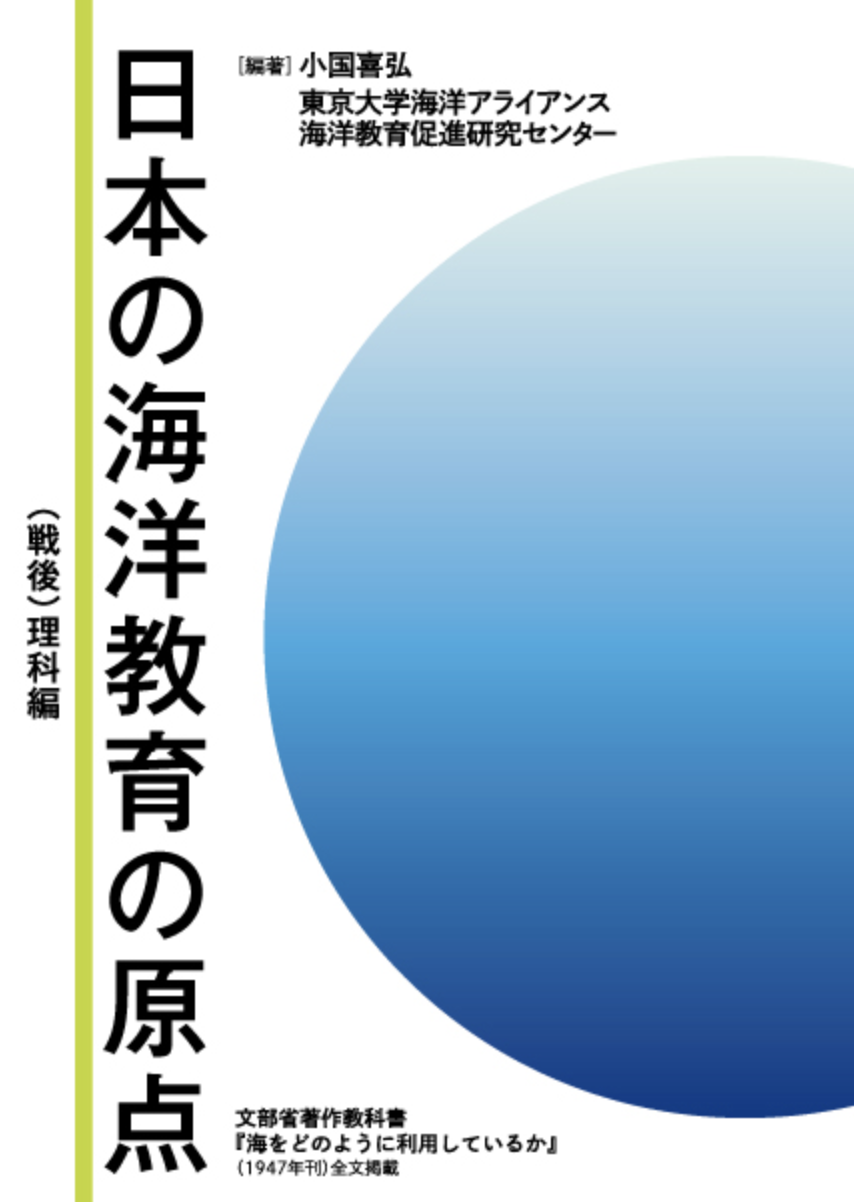Establishment of the Center for Ocean Literacy and Education
The Center for Ocean Literacy and Education (COLE) at Tokyo University was established as an academic practical research institution to increase focus on ocean and marine education.
The objectives of the centre were developed by a team of oceanographers and educational researchers and the centre is led by ocean and marine education research promotion bureaus throughout the country.
COLE is developing a new hands-on ocean and marine education curriculum for the primary and secondary levels with education administration personnel and teachers.

The establishment of COLE has increased ocean education nationwide.

Community-based ocean education has been implemented in many regions, and some regions have established their own ocean-related subjects within school curriculums.
Challenges
One of the challenges when creating COLE was reconciling the differing perspectives and stances of the pedagogues, who tend to focus on learner development, and oceanographers, who tend to focus on the ocean itself, when establishing and carrying out the programme.
Another challenge was creating a nuanced narrative of the ocean, which can both provide for humanity and pose threats such as tsunamis. Trying to answer additional questions such as how to live with the ocean may therefore be difficult as they do not have a single answer, nor can the ocean be easily defined.
Recipe for Successful Implementation
What is most important for improving ocean literacy is first showcasing the fact that people cannot live without the ocean.
To this end, what is needed through ocean literature is both a human and a scientific perspective.
To enhance ocean literacy, it is necessary to acquire knowledge about the ocean and ask proactive questions, relevant to domestic contexts and circumstances, about what it means to live with the ocean.
Nippon Foundation, Sasakawa Peace Foundation

